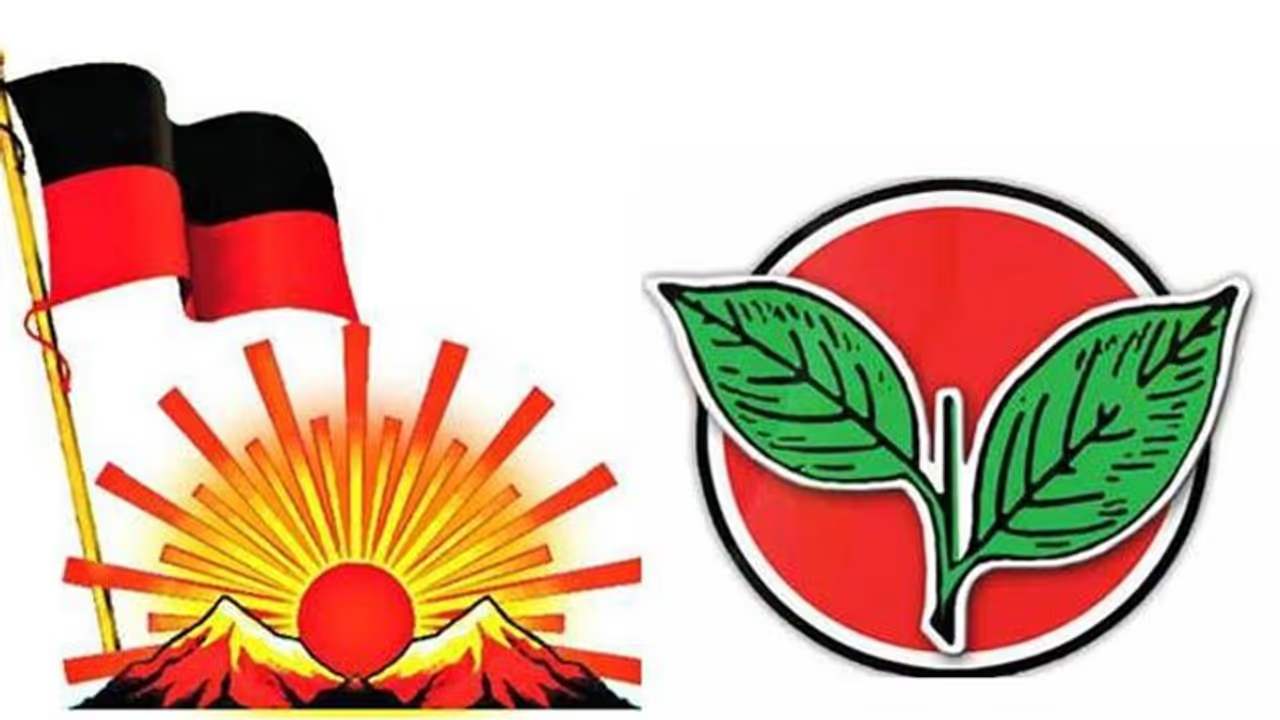Though it is claimed by the proponents of the Dravidian movement that it has worked for the betterment of the Dalits, critics of the movement say the Dravidian parties like the DMK and the AIADMK are only paying lip-service, relegating the Dalits as usual
New Delhi: The Dravidian movement proponents in Tamil Nadu have constantly claimed that it has worked for the uplift of the Dalits. The critics of the Dravidian parties (primarily the DMK and the AIADMK), on the other hand, allege that it is mere lip-service and the Dalits have constantly been given the short shrift and only the intermediary castes have fattened themselves in the last 5 decades of Dravidian rule in the State.
Amidst charges and counter-charges, what is the ground reality? The easiest barometer to check the situation, maybe, is to know how much the Dalits are politically empowered and relevant. After all, it is a reality that communities flourish only if they have strong political voices of their own.
As it happens, the two main alliance blocks of the two Dravidian parties have fielded Dalit candidates only in constituencies that are reserved for SCs and STs ("Reserved Constituencies").
For the record, in Tamil Nadu, there are seven reserved parliamentary constituencies for the Scheduled Castes --- Tiruvallur, Kancheepuram, Villupuram, Nagapattinam, Chidambaram, Nilgiris, Tenkasi --- and 46 (including 2 for STs) in Assembly constituencies.
Well-known Dalit leaders in the State, like Thol Thirumavalavan, D Ravikumar, Dr Krishnaswamy and A Raja, are being fielded only in the reserved constituencies. Only Kamal Haasan's Makkal Neethi Maiam and Seman's Naam Tamilar parties have given party tickets to Dalits to contest from general constituencies.
A spokesperson of Makkal Neethi Maiam said, "our party as such does not look into a candidate's caste. In fact, our stated policy is against such practises of established parties."
He adds: "But in the case of Dalits, we consciously choose them and try to empower them as much as possible. It is not mere tokenism that we resort to. And that is why we have fielded a Dalit candidate in general constituency."
A DMK leader said, "Candidates are chosen based on their winnability factor. During poll time, we have to be practical and give space to people who have the best chance of delivering to the party. It is just plain electoral pragmatism."
He adds that both the Congress and the BJP have also not given tickets to Dalits in general constituencies. "As you can see, there is little room for ideology when it comes to polls," he adds.
But Dalit activists feel that these are convenient excuses. "If you are really sincere, your ideology will be your poll plank," says K Muthuraja, a Dalit activist in Trichy. He asks what made the DMK field somebody like A Raja, a former Union Minister, in the reserved constituency of Nilgiris and not from Perambalur, from where he had won once before?
Muthuraja asserts that if, as Dravidian parties claim, Dalits have been empowered then they (Dalits) should be able to win from a general constituency. "Such instances are far and few between, proving that Dalits have not been empowered under the Dravidian rule."
If the Dalits don't get succour from the Dravidian parties, who should they look up to? Director Pa Ranjith, who has emerged as a credible voice of the Dalits in recent times, recently alleged that Dalit leaders attached to political parties tended work for the party but not for the Dalits. He suggested that the Dalits were better off fighting their own battles rather than look up to the two main Dravidian parties.
His suggestion was welcomed by independent Dalit outfits, but the parties that have existing tie-ups with Dravidian outfits scotched it down on the grounds that any attempt at Dalit consolidation will be met with the collective mobilisation of intermediary castes.
“That fear of 'anti-Dalit consolidation' though is real, but is equally reflective of the ground realities that the fault-lines of caste discrimination are well-entrenched despite the claim to the contrary by Dravidian parties,” says Muthuraja.
The bigger worry among young Dalit leaders not affiliated to any party is: "Most parties don't allow Dalits to consolidate. They keep the Dalits splintered."
Also, they allege, "not just parties, but the essential caste system as it exists today will never allow Dalits to put up an united show."
Caught between casteist-vested interests and uninterested Dravidian parties, the Dalits are struggling to find their feet politically.
